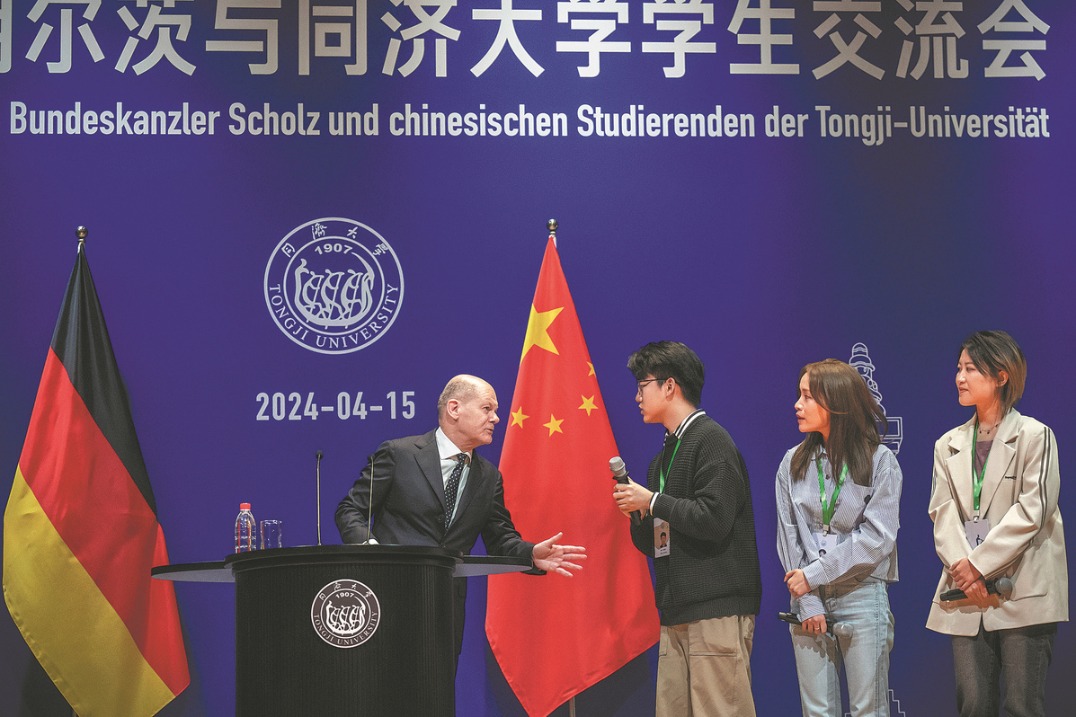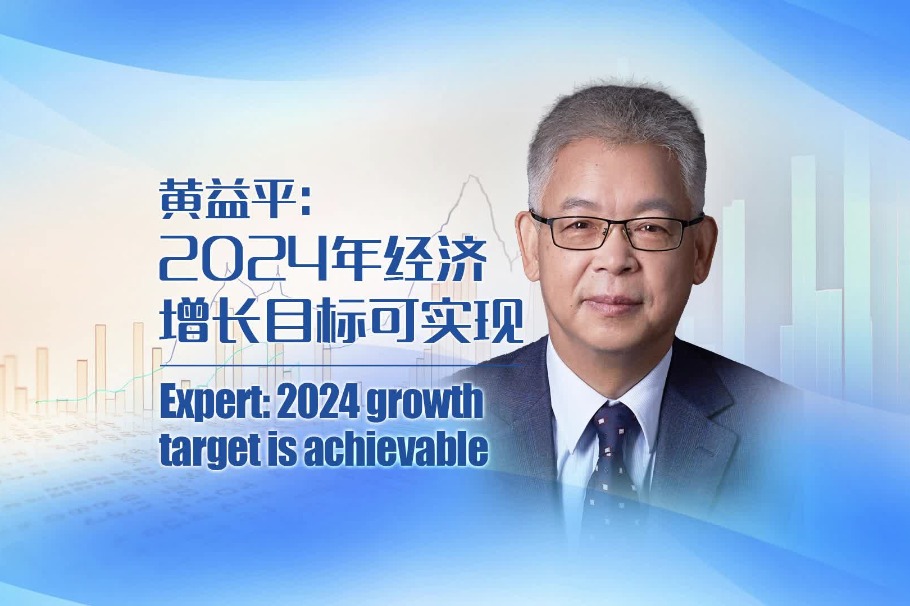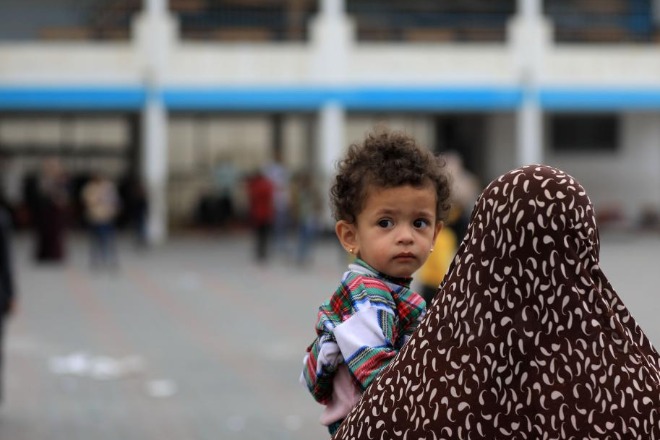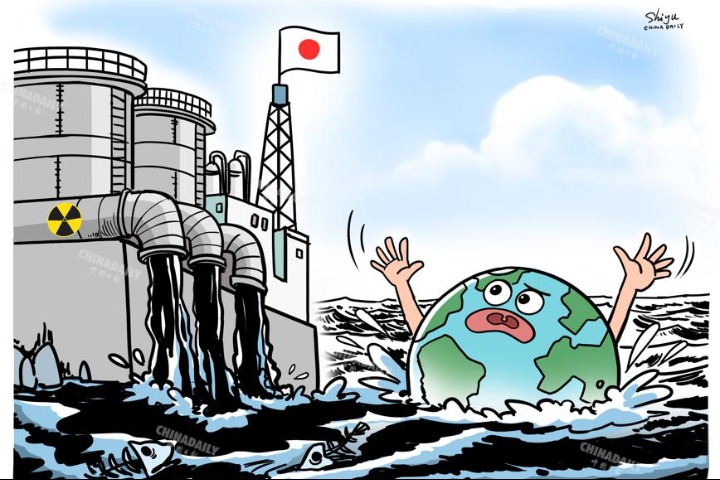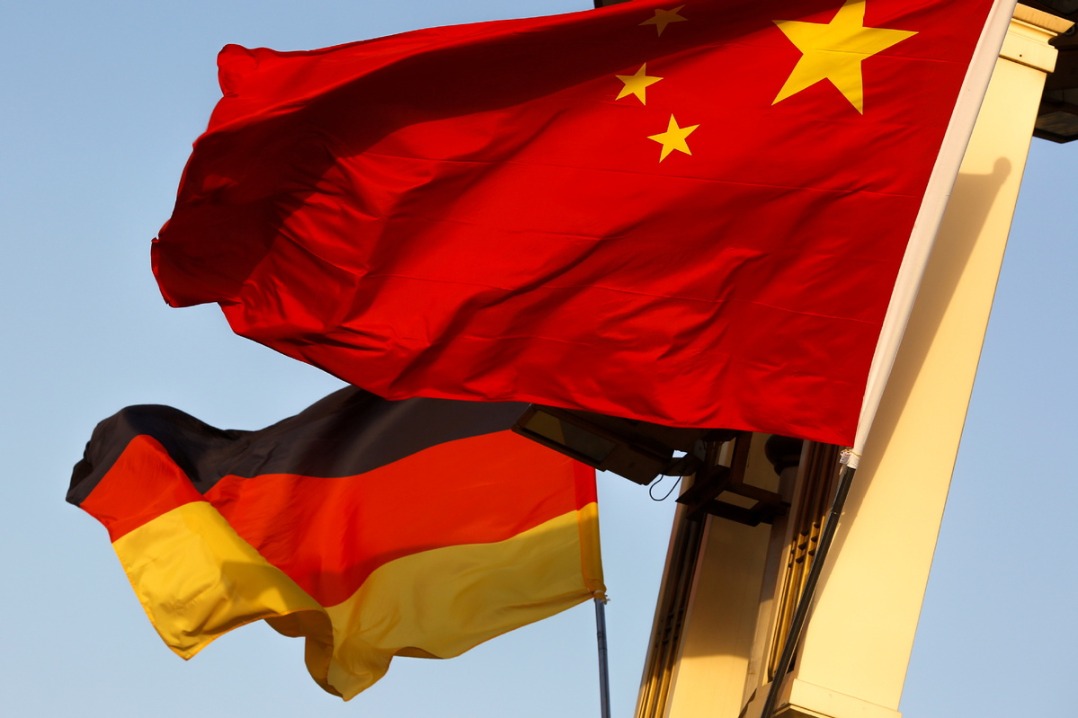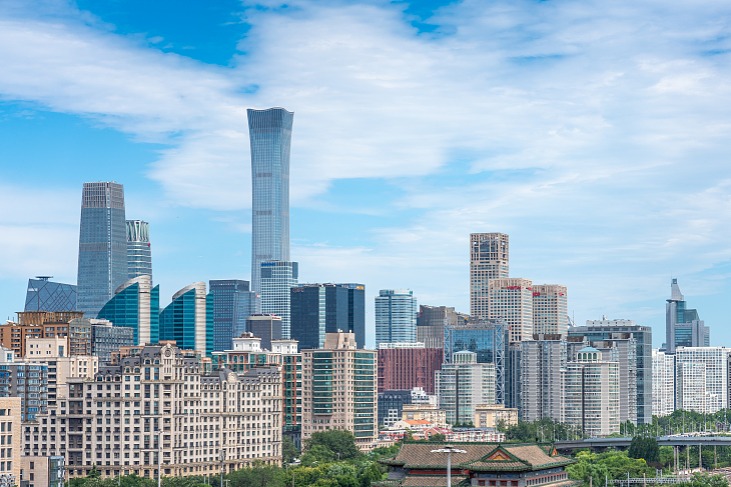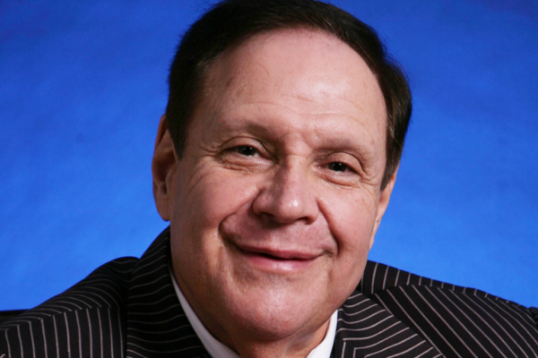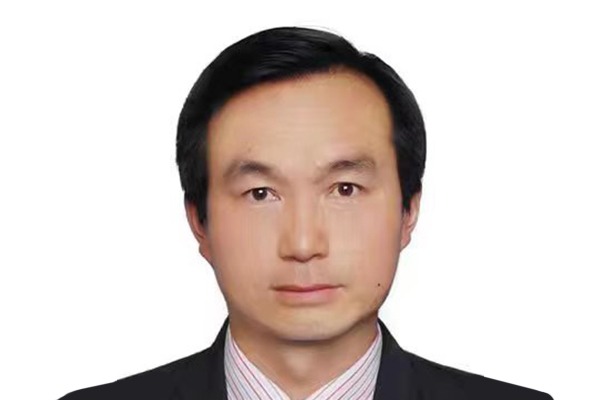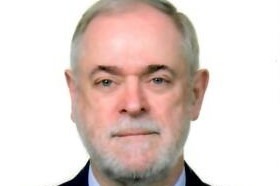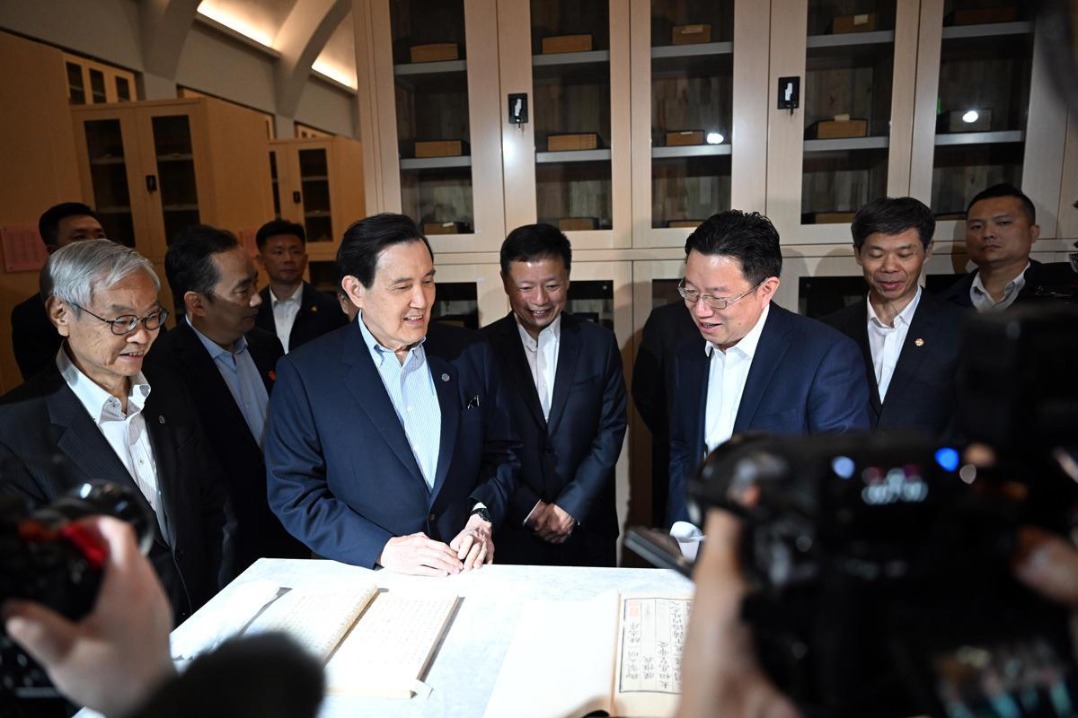DPRK has put the peace ball in US court

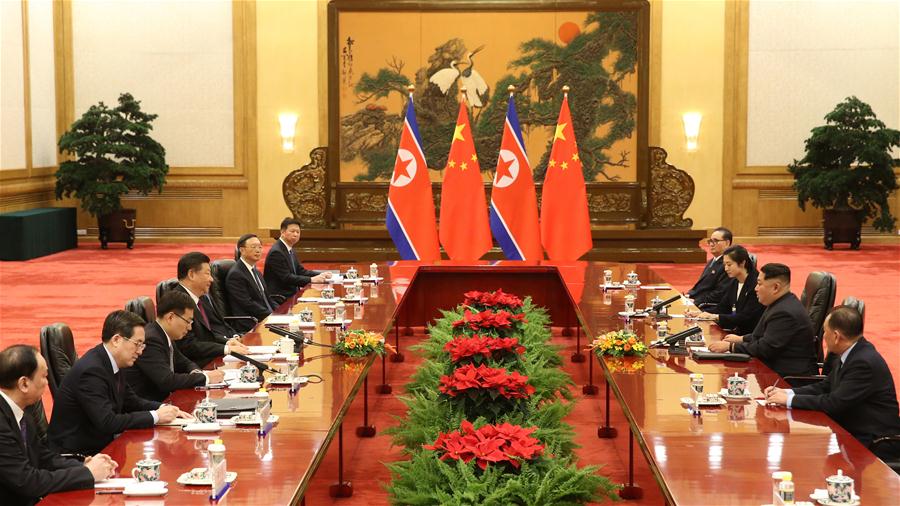
Kim Jong-un's visit to China at the invitation of President Xi Jinping was his first overseas trip after becoming the top leader of the Democratic People's Republic of Korea in 2011. The visit and his first meeting with Xi have attracted worldwide attention, especially because Kim is set to hold historic talks with Republic of Korea President Moon Jae-in on April 27, and US President Donald Trump sometime in May.
Apart from strengthening China-DPRK relations, by deepening cooperation and increasing exchanges, Kim's visit to China will also further ease the tensions on the Korean Peninsula, and thus promote peace and security in Northeast Asia and lead to the peaceful settlement of the peninsula nuclear issue. It will also play an important role in facilitating the improvement of Pyongyang's relations with both Seoul and Washington.
Needless to say, Kim's planned meeting with Moon in Panmunjom "Truce Village" on the ROK-DPRK border in April and the one with Trump in May will serve as a turning point in the Korean Peninsula issue. To set the stage for the two meetings, Pyongyang has adopted some welcoming measures including suspension of military activities and withdrawal of personnel and vehicles from the Punggye-ri nuclear test site, potentially heralding the dawn of peace on the peninsula.
The peninsula experienced a spring thaw at the beginning of this year as the DPRK evidently softened its stance toward the ROK and, subsequently, the United States, adopting a positive approach to denuclearization. For instance, Kim held out an olive branch to the ROK during his New Year address, saying Pyongyang will make more positive efforts to conduct dialogues and improve relations with Seoul. That was followed by the DPRK's goodwill gesture of sending a high-ranking delegation to attend the Pyeongchang Winter Olympics in the ROK in February.
Besides, Kim told Chung Eui-yong, the visiting chief of the ROK presidential National Security Office on March 5, that the DPRK is willing to abandon its nuclear weapons program if its national security and stability are guaranteed, indicating a major shift in his attitude toward the nuclear issue. And recently, a group of DPRK diplomats flew to Sweden and Finland in succession to meet with US government officials through third parties to prepare the planned Kim-Trump meeting.
Given these developments, it makes sense for the US to meet the DPRK halfway and make joint efforts to improve bilateral relations.
However, the Trump administration has maintained its high-handedness toward Pyongyang and unilaterally reinforced its economic sanctions on it, while Trump himself has repeatedly asserted that the US will spare no effort to maintain maximum pressure on the DPRK and remain uncompromising until dialogues yield practical results.
Worse, the appointments of several hard-liners, including new US Secretary of State Mike Pompeo and new National Security Adviser John Bolton of late, suggest Trump is determined to play hardball with the DPRK. Pompeo once said the ultimate goal of the DPRK is to reunify the Korean Peninsula, by threatening to use nuclear weapons; while Bolton has openly questioned the motive of Kim's proposal to meet with Trump, insisting the DPRK leader was only taking a go-slow approach.
With the easing of tensions on the peninsula, it makes no sense to put more pressure on Pyongyang. Instead, using the window of opportunity to hold political dialogues will be more conducive to restoring peace and stability on the peninsula.
All parities concerned, especially the US, are now obligated to make efforts to take the peace process forward if they are really serious about contributing to the peaceful settlement of the nuclear issue and restoring normalcy to the region.
The author is a research fellow at the Center for Northeast Asian Studies, Jilin University.


















